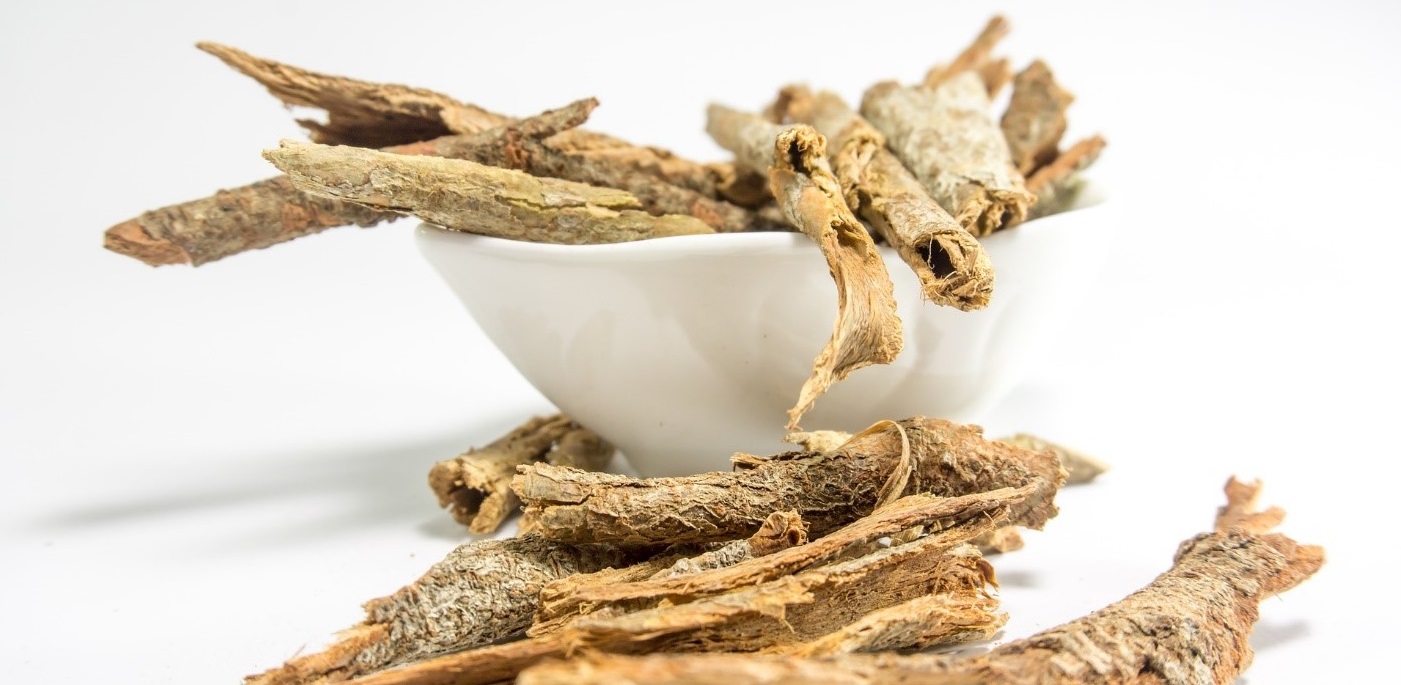Cassia Bark oil

Proven Health Benefits of Cassia Bark oil
- Treatment of diarrhea.
- Relieves colic.
- Treats rheumatism.
- Treats fever, cold, and flu.
- Improves blood circulation.
- Relieves cramps and other menstrual symptoms.
- Naturally reduces arthritis symptoms.
- Boost's immunity.
What is Cassia Bark oil?
Cassia bark oil is derived from (Cinnamomum Cassia) plant in the Lauraceae family. Native to southeastern parts of China. Cassia bark oil is extracted through steam distillation of cassia leaves, bark, and twigs.1 In color, pure cassia oil is brownish and is highly refractive, while refined oil is colorless. Cassia oil is preferred for its spicy taste, aromatic flavor, powerful scent, and calming properties.2
Cassia oil is often referred to as 'fake cinnamon' since it's similar to the 'true cinnamon' Ceylon cinnamon. A warm and spicy aroma characterizes both the actual and fake cinnamon. Cassia oil is sweeter than cinnamon.
What is Cassia Bark oil used for?
Cassia oil has been used for centuries in folklore and indigenous medicine practices. In Ayurveda, the Indian medicine system, it was used for expectorant, purgative, thermogenic treatment of ulcers, coughs, leprosy, erysipelas, dyspepsia, tuberculosis, bronchitis, anemia, and in the reduction of constipation. Despite Cassia oil being used for cleaning, beauty care, stimulant, cooking, it has various health benefits such as improving the immune system, digestive system, and blood circulation. Cassia bark oil has been used for centuries to build a sense of self-worth, courage and in keeping the mind at peace.3 Cassia oil is a popular ingredient in the making of bread, desserts, and various entrees.
Health Benefits:
- Stimulates the immune system by killing infections that cause inflammation and fever.
- Soothes the body using its aroma to heighten the senses.
- Promotes healthy skin development and strengthens the hair; gums tighten muscles and treats skin irritations.
- Treats peptic ulcers, uterine hemorrhaging, and sore throat by working as an astringent.
- Alleviates diarrhea due to its anti-bacterial, anti-inflammatory, and body soothing properties.
- Enhances blood circulation in the body and creates a warm feeling, thus reducing pain caused by muscle aches.
- It's a natural remedy for relieving menstrual symptoms such as bloating, fatigue, headache, and moodiness and keeping the menstrual cycle regular.
- It alleviates stress and depression as it contains a cinnamic aldehyde component that eases the nerves allowing the body to work correctly.
Nutrition
The main ingredients in Cassia oil are:
- Cinnamaldehyde -85%
- Methoxy cinnamaldehyde -10%
- Cinnamyl acetate- 4%
- Benzaldehyde- 1%
- Ethyl cinnamate-0.4%
- Coumarin- 0.2%
- Salicyladehyde-0.2%
Toxicity:
Pregnant and lactating women should avoid cassia oil because it might cause irritation and lower milk secretion. It also might cause allergic reactions when applied directly to the skin for some people.